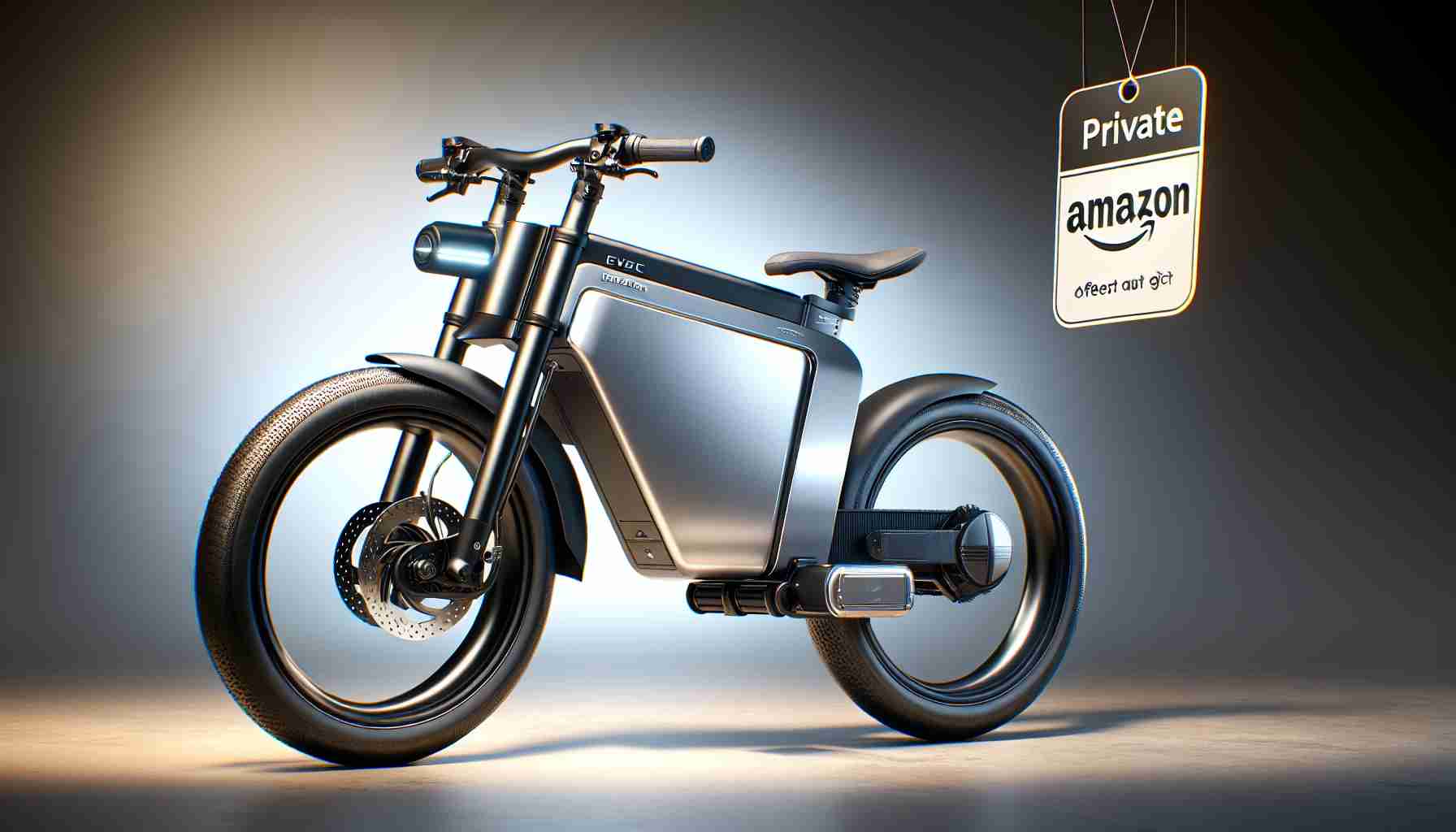A Powerful New Collaboration in the Automobile World
In an ambitious move, GM and Hyundai are combining strengths to enter the electric pickup market. This significant partnership aims to shake up the automobile industry by leveraging the talents and resources of both companies.
A Strategic Union
The two automotive giants signed a Memorandum of Understanding in September to forge a collaboration that focuses on vehicle development and manufacturing. The central goal is to boost competitiveness and cut costs by pooling their unique abilities and skills.
Recent reports from Korean media reveal meetings between GM CEO Mary Barra and Hyundai Chairman Euisun Chung. These high-level discussions centered on crafting an electric pickup truck, a venture that could redefine the landscape of electric vehicles. The possibility of “badge engineering,” where one company sells another’s vehicles under its brand, indicates a deeper level of cooperation.
Targeting New Markets
With the dominance of pickup trucks, particularly in North America, Hyundai and GM aim to secure a larger market share. Latin America is pinpointed as a key target, highlighting the strategic significance of their collaboration. The electric pickup project seeks to tap into existing sales networks to achieve market success.
Hyundai’s innovative EV platform is expected to broaden its vehicle lineup, potentially including the planned electric pickup. This approach promises to offer more diversity across various vehicle segments.
The potential of this alliance has sparked curiosity among automotive enthusiasts. What will a GM and Hyundai electric pickup bring to the market? Let your imagination roam and share your thoughts in the comments.
Electric Pickups: The Frontier of Sustainable Innovation
Expanding Horizon in Automotive Technology
The collaboration between GM and Hyundai to develop electric pickups is a testimony to the rapidly evolving landscape of automotive technology. The combination of GM’s longstanding expertise in vehicle manufacturing and Hyundai’s pioneering EV platform speaks volumes about how such alliances can drive innovation. But what does this mean for the broader development of humanity and new technologies?
Impact on Technological Development
This partnership doesn’t just represent a formidable venture into the electric vehicle (EV) market—it’s a milestone in the movement towards sustainable transportation solutions. As more automakers explore the electric frontier, this collaboration could set the standards for efficiency, cost-effectiveness, and sustainability.
An interesting fact is that badge engineering, which often gets a bad rap for diluting brand identity, here serves a greater purpose by maximizing resource sharing and reducing production costs. This strategy could make electric pickups more accessible to a wider audience.
The Double-Edged Sword: Advantages and Disadvantages
On the positive side, this partnership could lower costs for consumers due to economies of scale. By combining their engineering prowess, GM and Hyundai could accelerate the development of cutting-edge technologies such as autonomous driving systems and advanced battery solutions, ultimately enhancing user experience and convenience.
However, a potential disadvantage might be a loss of distinct brand characteristics. If not managed well, the joint branding could confuse customers about vehicle identity and erode the unique selling points of GM and Hyundai products.
Electric Pickups: A Path to Sustainability?
How will electric pickups change the future of transportation? As a sustainable alternative to traditional combustion engines, electric pickups represent a significant reduction in carbon emissions, contributing positively to environmental efforts.
Challenges and Opportunities
Are there barriers to this utopia? One challenge is infrastructure; electric vehicles require robust charging networks, which are still developing globally. But with increased adoption, this issue may prompt rapid advancements in charging solutions.
Moreover, the demand for rare minerals for batteries also poses environmental challenges. Yet, innovations in recycling and alternative materials could hold the key to sustainable production.
In the wake of such partnerships, startups and tech companies have a beacon of opportunity to collaborate with major automakers, bringing in fresh perspectives and innovations.
For further exploration on captivating automotive advancements, visit GM or broaden your EV knowledge at Hyundai.







